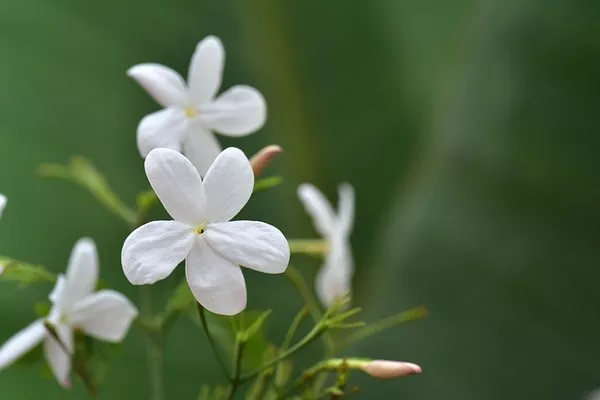Online Plant Trade Raises Alarms Over Invasive Species
The innocent act of purchasing plants online may unwittingly involve breaking the law, as an investigation reveals a thriving trade in hundreds of invasive plants and prohibited weeds through a prominent online marketplace. This groundbreaking research, the first of its kind, has exposed the rampant and high-volume trade in pest plants across Australia.
State and territory governments are now adopting an automated surveillance approach, inspired by this research, to bolster the regulation of online plant and wildlife commerce. This novel system enables biosecurity officers to receive automated alerts for suspected illegal trade, significantly reducing the need for manual website monitoring or relying on public reports.
The Problem: Invasive Plants Threaten Australia’s Unique Ecosystems
The concern stems from the fact that specific plants are prohibited in Australia due to their detrimental impact on the country’s distinctive natural environment and agricultural sectors. These invasive plants can endanger native species, contribute to severe wildfires, and obstruct waterways. Furthermore, they pose a social and cultural threat to Indigenous communities, as they often outcompete traditional food and medicinal plants, leading to their decline.
In total, invasive plants are estimated to have cost Australia a staggering A$200 billion since 1960. These controlled, “noxious,” or declared plants are subject to varied prohibitions on their sale and cultivation, depending on the state or territory.
While compliance within the horticultural industry generally remains high, Australia faces a significant challenge in combating the widespread trade of invasive plants on public online platforms. Ornamental plants, frequently grown in homes and gardens, are a primary avenue for the spread of weeds to new areas, as they traverse great distances to reach homes in different regions.
The Role of Online Marketplaces and the Challenge of Regulation
Online trade has historically been challenging to monitor and regulate, resulting in the widespread trading of various invasive species. To address this issue, specialized software called “web scrapers” was employed to track trade on a public classifieds website. These automated tools efficiently gather information from advertisements, revealing thousands of listings for prohibited plants over a 12-month period.
The research uncovered 155 declared plant species traded on a single website, with suspicions of more such listings elsewhere. Prickly pear cacti, historically notorious for their impact on Australian agriculture, featured prominently among the frequently traded prohibited plants. In the 1920s, this invasive species rendered approximately 25 million hectares of land unusable.
Another concerning trend was the trade in aquatic weeds, including water hyacinth, which ranks as the world’s most widespread invasive alien species, according to a recent global assessment. Some sellers advertised the uses of these declared plants, often claiming their suitability for food and medicinal purposes.
A Collective Responsibility: Raising Awareness and Ensuring Compliance
While enhanced surveillance tools are a crucial component of addressing the issue, public awareness remains pivotal in reducing the trade of invasive plants. Plant blindness, a phenomenon wherein plants are more challenging to identify than animals, presents a significant hurdle. Many weed listings employ generic names like lily, cactus, or pond plant, leaving potential buyers unaware of the true identity and legal status of the plant they are acquiring.
Furthermore, differences in plant regulations between states compound the issue. What may be legal for an interstate trader could be illegal for a local buyer. Caution should be exercised when sending or receiving plants by post, and individuals are urged to consult their state or territory’s biosecurity website or Weeds Australia for information on declared plants.
To address this problem comprehensively, online marketplaces must collaborate with local policies and adopt self-regulation measures to prevent the posting of illegal advertisements. Non-compliance may result in substantial penalties from governments, as evidenced by the Brazilian government’s fines imposed on Meta (formerly Facebook) for its failure to remove illegal wildlife trade from its platforms.
As plant enthusiasts, it is imperative that we remain mindful of the plants we choose to buy and maintain, taking collective action to preserve Australia’s unique ecosystems and prevent invasive species from infiltrating them.


